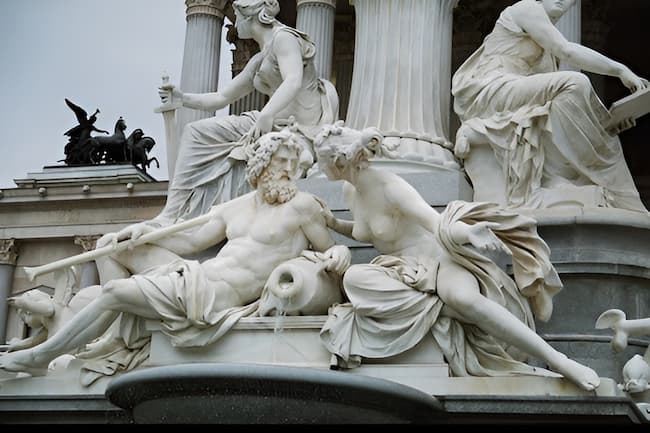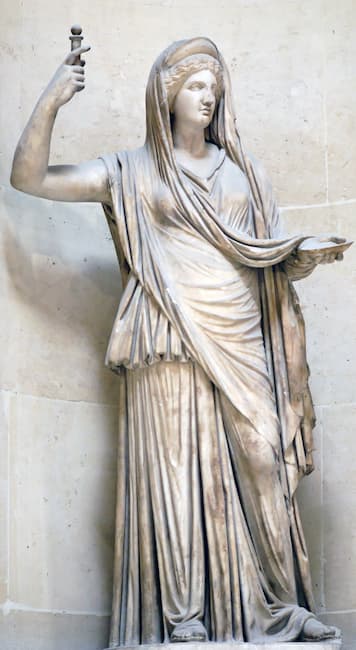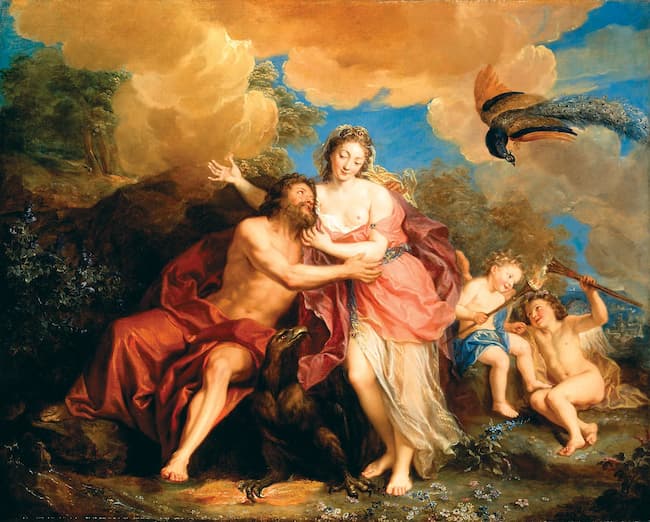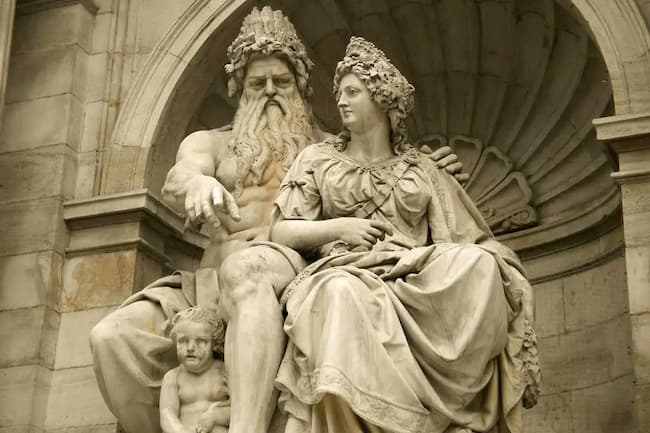Step into the world of Greek mythology, where gods and goddesses reign with unparalleled power and captivating stories.

Among these divine figures, none is as intriguing and complex as Hera, the queen of the heavens and the embodiment of regal strength and feminine prowess. In this article, we embark on a journey to explore the multifaceted persona of Hera, revealing the layers that make her a symbol of power, love, and sovereignty.
Introduction: Unveiling the Queen of the Gods
In the pantheon of Greek deities, Hera stands tall as one of the most formidable and intriguing figures. Revered as the goddess of marriage, family, and women, Hera’s influence extends beyond her divine realm to the very heart of ancient Greek society. Her stories are a tapestry woven with threads of power struggles, passionate love, and unwavering determination. Join us as we delve into the depths of Hera’s character, discovering the stories that shaped her reputation.
The Regal Powerhouse: Hera’s Role and Attributes
Hera’s position as the queen of the gods befits her commanding presence and authoritative demeanor. She personifies the ideal queen and wife, representing loyalty, commitment, and the sanctity of marriage. With her noble stature and regal poise, she embodies the strength of womanhood and the embodiment of sovereignty. Hera’s iconic peacock symbolizes her elegance, while the pomegranate stands as a testament to her association with fertility and abundance.

Love and Strife: The Duality of Hera’s Emotions
Beneath her majestic exterior lies a complex array of emotions that mirror the human experience. Hera’s passionate love for her husband and brother, Zeus, is often overshadowed by his infidelity. Her feelings of betrayal and anger lead to tumultuous relationships, igniting moments of divine rage that ripple through mythology. Yet, beneath her wrathful exterior, there lies a heart brimming with love, devotion, and a desire to protect her family and honor.
Guardian of Marriage: The Significance of Hera’s Role
Hera’s dominion over marriage and family is a testament to her deep-rooted influence on the social fabric of ancient Greece. Her blessings were sought by couples entering wedlock, and her guidance was sought to ensure the stability of families. As the embodiment of marriage, Hera’s complexities offer a reflection of the nuanced dynamics within human relationships.
Hera and Hercules: A Tumultuous Connection

One of the most fascinating aspects of Hera’s mythology is her relationship with the legendary hero Hercules. Hera’s disdain for Hercules was fueled by his lineage – he was the product of Zeus’ infidelity. Her relentless pursuit of vengeance led to the hero’s infamous Twelve Labors. Yet, even in the face of adversity, Hercules’ trials only emphasized his strength and virtue, which eventually earned him a place among the gods.
A Symbol of Sovereignty: Hera’s Legacy
Hera’s legacy extends beyond her divine characteristics to the impact she had on ancient Greek culture. She symbolizes the power of women in a society often dominated by men, offering a beacon of strength and influence. Her stories remind us that even in the face of adversity, love, determination, and resilience can define one’s path.
Conclusion: A Multifaceted Goddess Unveiled
Hera, the queen of the gods, is a deity of contrasts and complexities. She embodies the regal power of a ruler, the devotion of a wife, and the depth of a woman’s emotions. Her stories are a reflection of the intricate nature of humanity itself, woven into the fabric of mythology. From her role as the guardian of marriage to her tumultuous relationships, Hera’s legacy endures as a testament to the richness of Greek mythology.

FAQs
FAQ 1: What is Hera’s role in Greek mythology?
Hera is known as the queen of the gods in Greek mythology. She is the goddess of marriage, family, and women, and her stories often revolve around her relationships with other gods and her role in the divine pantheon.
FAQ 2: What are Hera’s symbols?
Hera’s symbols include the peacock and the pomegranate. The peacock represents her regal elegance, while the pomegranate is associated with fertility and abundance.
FAQ 3: Why did Hera have conflicts with Hercules?
Hera’s conflicts with Hercules stemmed from his lineage – he was the son of Zeus, her husband, and a mortal woman. Her jealousy and anger over Hercules’ existence led to her relentless pursuit of vengeance against him.
FAQ 4: How did Hera’s stories impact ancient Greek society?
Hera’s stories served as a reflection of the complexities of human relationships and emotions. Her role as the goddess of marriage and family highlighted the importance of these aspects in ancient Greek society.
FAQ 5: What lessons can we learn from Hera’s mythology?
Hera’s mythology teaches us about the complexities of human emotions, the power of resilience, and the impact of relationships. Her stories remind us that even powerful figures like deities experience a wide range of emotions and challenges.

